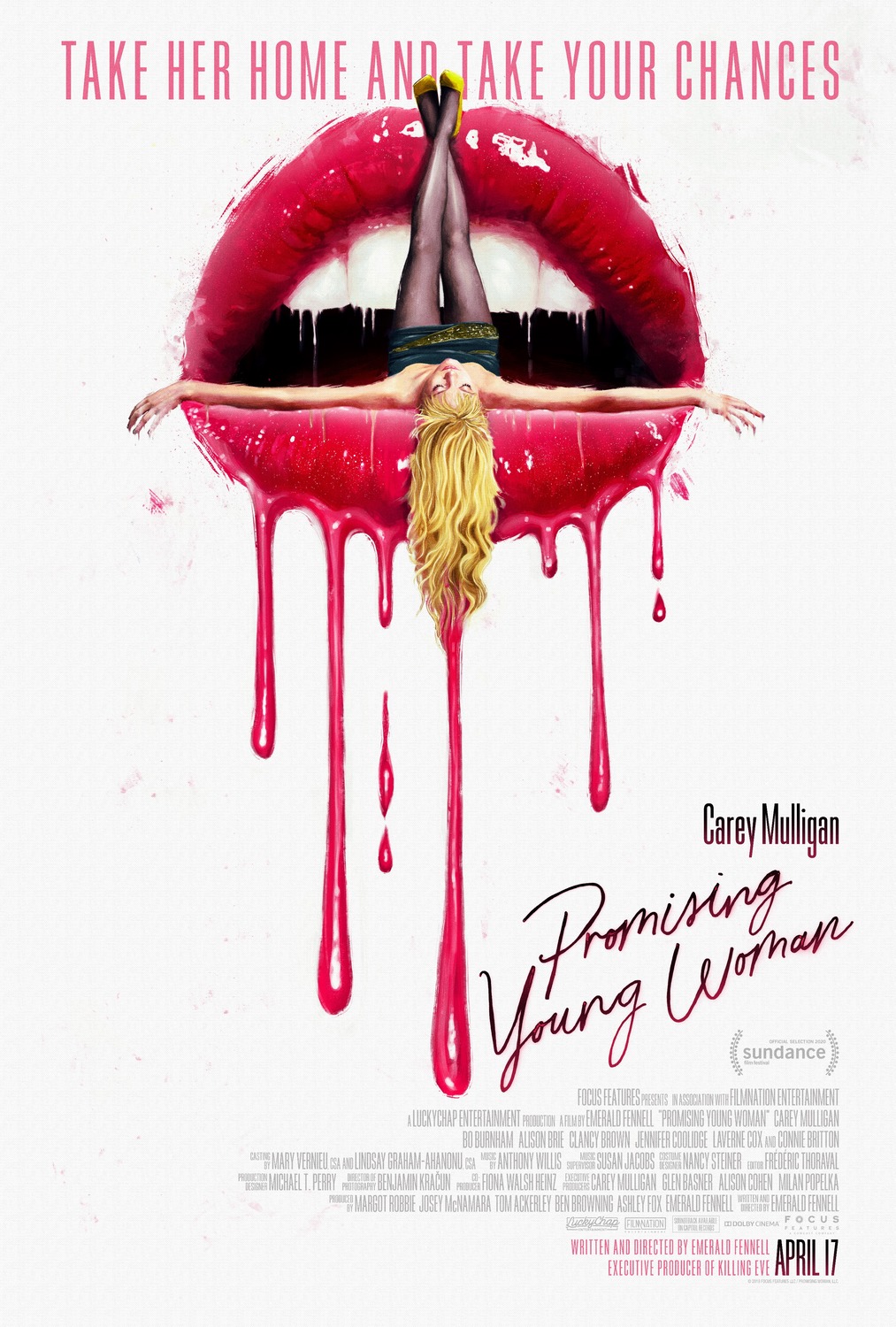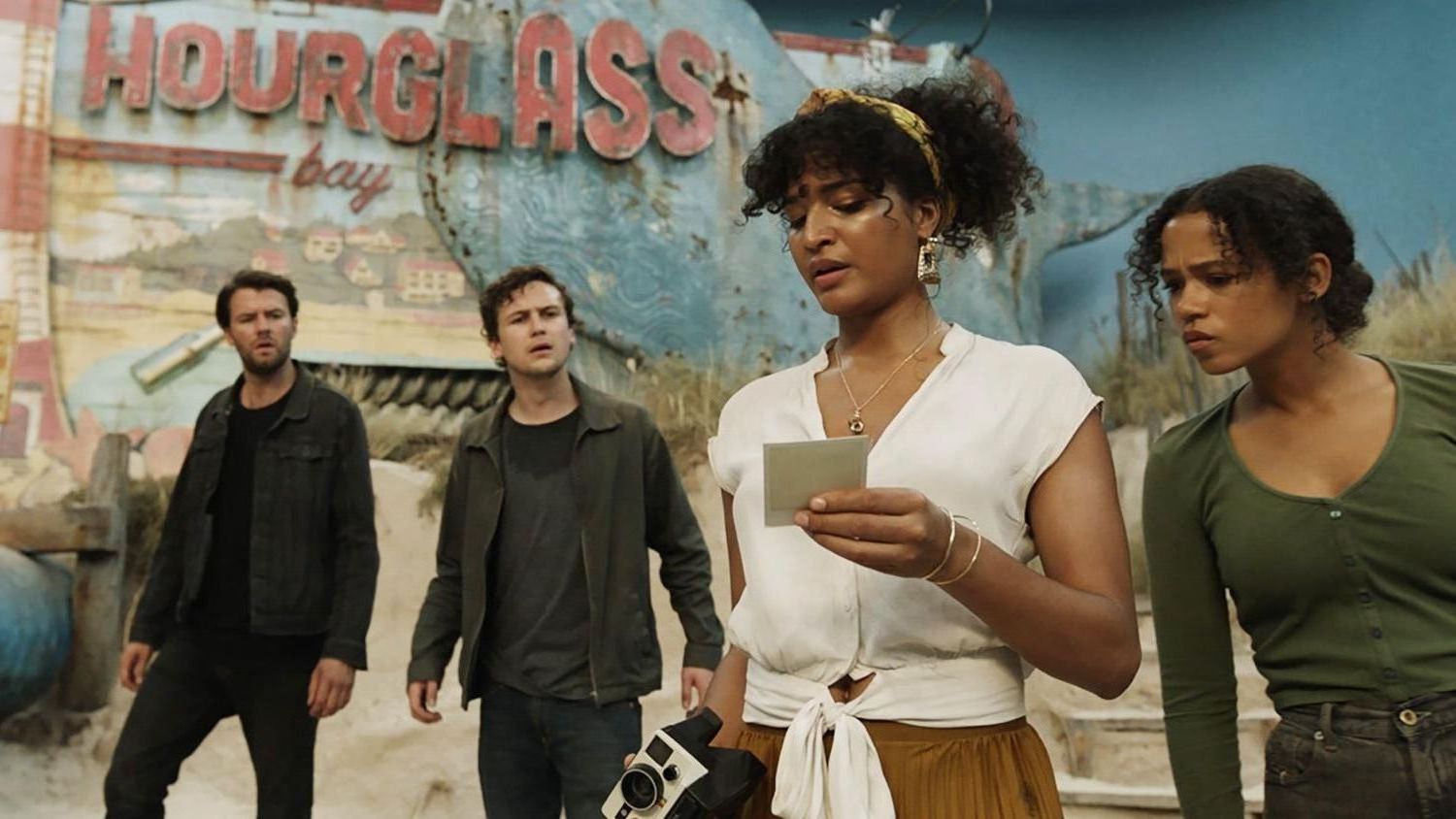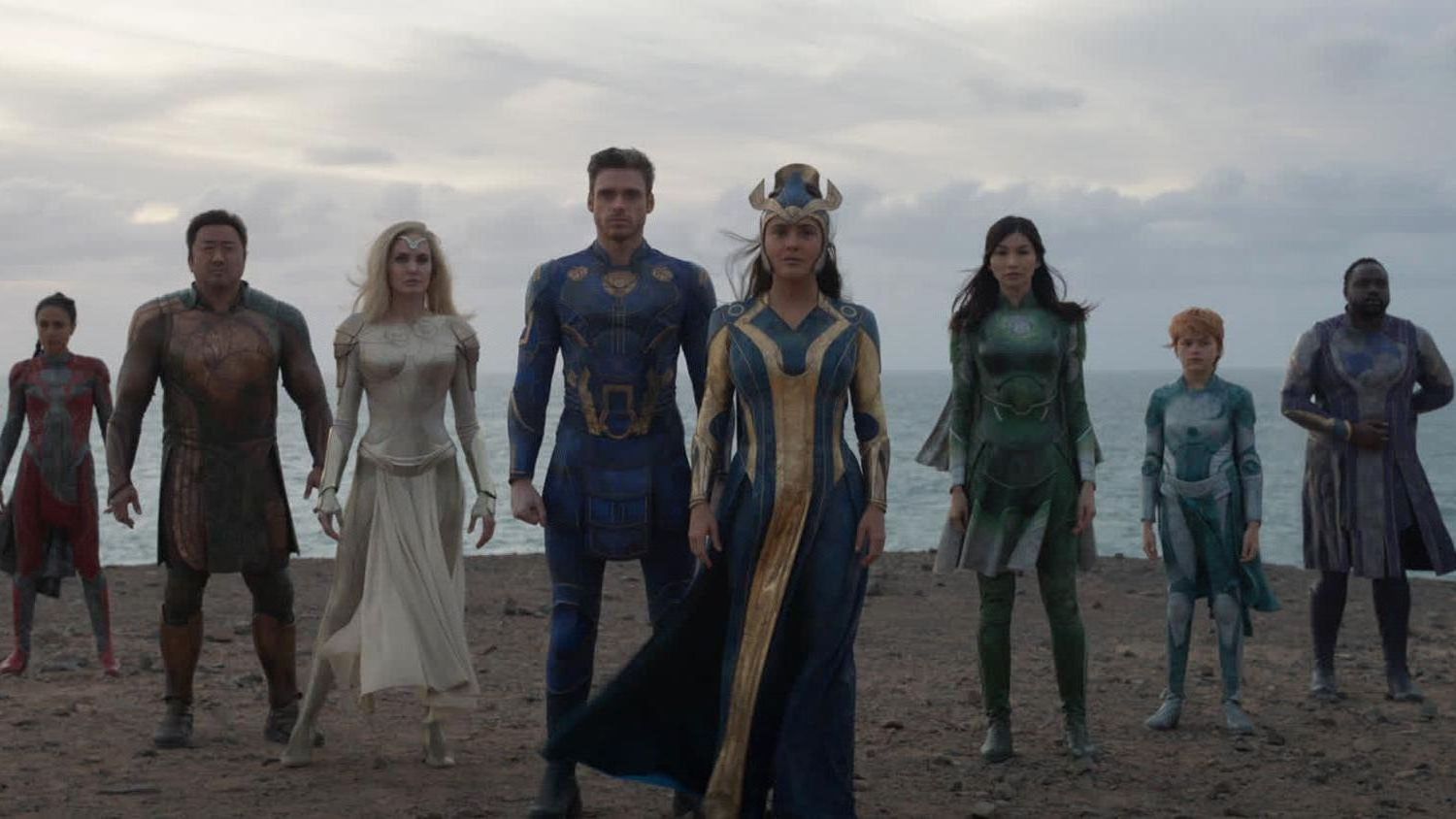
Review of the film Promising Young Woman
“Promising Young Woman”: feminism is not as terrible as it is painted
Sexual objectification in films is often female. What if men were filmed like that? Like Emirald Fennell’s directorial debut. The film from the first scene tells us almost head-on about the need to change the perception of women as an object for use, using the example of the same objectification of men. Consequently, from the first minutes of timing, Emirald hints at the social agenda. And the further the story goes, the more important topics the picture raises.
In the center of the plot is the girl Cassanda (aka Casey), who is superbly played by Carey Mulligan (“The Great Gatsby”, “Education of the Senses”, “Drive”). Once she studied at the university and showed great promise. Now she works in a coffee shop and lives with her parents. She is angry with the opposite sex because of the events that happened during her student years. Relatives do not know that the girl goes to bars once a week, where she pretends to be very drunk and lures men who are greedy to defenseless women into a trap of retaliation. The heroine’s revenge is justified by the injustice of male dominance over women, especially in an intimate sense. Especially when a girl is intoxicated and unable to consent to this.
The script is one of the main gems of the picture. The narrative doesn’t sag. At the beginning of the film, we observe scenes in which the heroine routinely teaches the guys a lesson who decided to use her “drunk”. We are slowly moving on to the girl’s mental trauma, and her attempts to live as before. And then we understand that Cassandra, who was desperately trying to achieve justice, will stop at nothing. The theme of violence and its consequences are present in the background of all the events of the narrative. We understand this through the memories and emotions of the heroes.
The work of cameraman Benjamin Krakun reveals Casey’s state very accurately. I would like to note the structure of the frames in the scenes with Carey Mulligan. She is almost always in the center. Often the heroine is shown as a kind of angel, and the decor items of the room in which she is located serve as a halo. So it was in the scenes where the girl leads a normal life. There are still scenes where Cassandra spreads her arms to the sides as if Jesus was crucified on the cross. So it was in the scenes where she allows herself to be “picked up” in the bar. Approximately the same technique, emphasizing the two sides of Mulligan’s heroine, was used by dressers. During the day, she is dressed in light, delicate, romantic clothes. At night, the dark shades of her images prevail.
One cannot but praise the musical component of the film from Charli XCX “Boys” and Paris Hilton “Stars Are Blind” to a remix of Britney Spears’ song “Toxic” performed by the Archimia string quartet and the familiar “It’s Raining Men”. All compositions came together in one film to convey somewhere romantic, somewhere serious, but at the same time leaving a trail of subtle sarcasm.
Is the heroine’s revenge justified? Difficult question and perceived differently depending on gender and worldview. Therefore, everyone can answer it for himself. But is this narrative justified by the idea of the film? Definitely yes! It is a vivid and daring picture that draws attention to sexual abuse and harassment.

